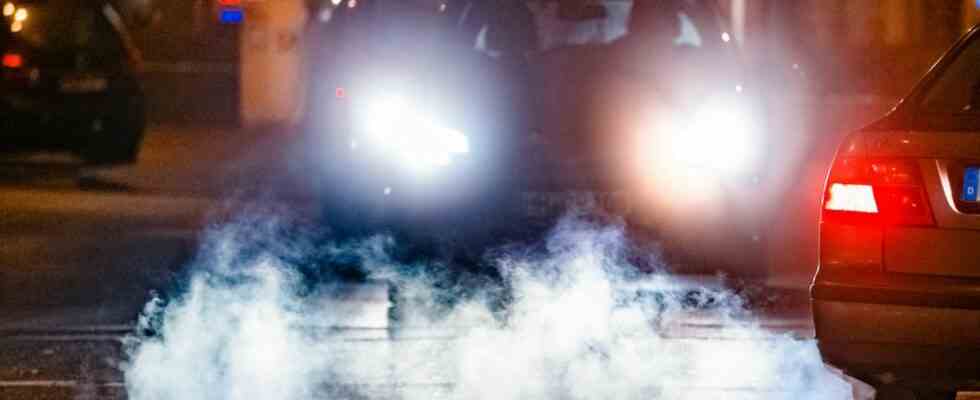It sounds like a well-known pattern: the EU wants to impose stricter rules on the car industry, but the manufacturers are fighting back. In November, the EU Commission presented proposals for the new Euro 7 emissions standard. Since then, the auto industry’s resistance to the new guidelines planned for mid-2025 has been steadily increasing. Now the German Association of the Automotive Industry (VDA) is following up – and making a counter-proposal.
“The current proposals are cost-intensive, cannot be implemented with certainty from a technological point of view and include risks relating to approval,” said VDA President Hildegard Müller on Thursday. The standard will apply to cars coming onto the market from July 1, 2025, and will be introduced two years later for buses and trucks. According to the VDA, not enough vehicles with the requirements could be developed and approved in the short time available. In the automotive industry, there is particular criticism that the emission values have to be complied with in more driving situations than before – for example when a car is driving in extreme temperatures or when it is fully loaded. In a position paper, the association therefore calls for the test conditions not to be expanded. In addition, the new rules should be phased in over time.
Last week, Bosch boss Stefan Hartung also joined the manufacturers’ criticism on a number of points: “Nothing can go into the regulation that is technically not possible or has not yet been invented,” he said. The regulations should also not be designed in such a way that “you can no longer build an engine economically.” A fierce dispute has also broken out about what the new rules mean for car buyers. While it is assumed in Brussels that a car with the new technology would only be a few hundred euros more expensive, the manufacturers warn that entry-level models in particular can no longer be offered at all or only at significantly higher prices.
Brussels says the deadline is “ambitious,” but ultimately it’s also about health and environmental protection
The EU Commission rejects the accusation that the standards are unrealistic and that the time is too short: As usual, the authority has carried out an impact assessment for the draft law, i.e. it has examined the possible consequences in advance. In total, the commission has published more than 1,170 pages of technical investigations, which show that the bill is workable and not too expensive, the agency said.
A spokeswoman also emphasizes that “according to the results of the impact assessment, the draft law does not require any expensive changes in engine development”. The deadline for implementation is “ambitious”, she admits, but the legal act should also “protect the health of our citizens and our environment”. Overall, the draft law is “balanced and takes into account the state of the art in emissions control”.
Presenting the draft law in November, Commission Vice-President Margrethe Vestager said it was unacceptable that “air pollution accounts for more than 300,000 premature deaths each year in the EU alone”. Nevertheless, the proposal was criticized directly from the European Parliament – from two directions. Green MP Michael Bloss complained that the draft was “unambitious” and “an indictment of failure”.
CDU MP Jens Gieseke, on the other hand, said he “rejects stricter limits for tailpipe emissions”. Finally, the EU decided to ban new registrations with combustion engines in 2035; the manufacturers are therefore concentrating on the electric drive: “Against this background, another obligation to invest in a technology that is being phased out in Europe is simply the wrong signal,” said the transport politician. In other words, the corporations should no longer have to invest in better combustion engines.

